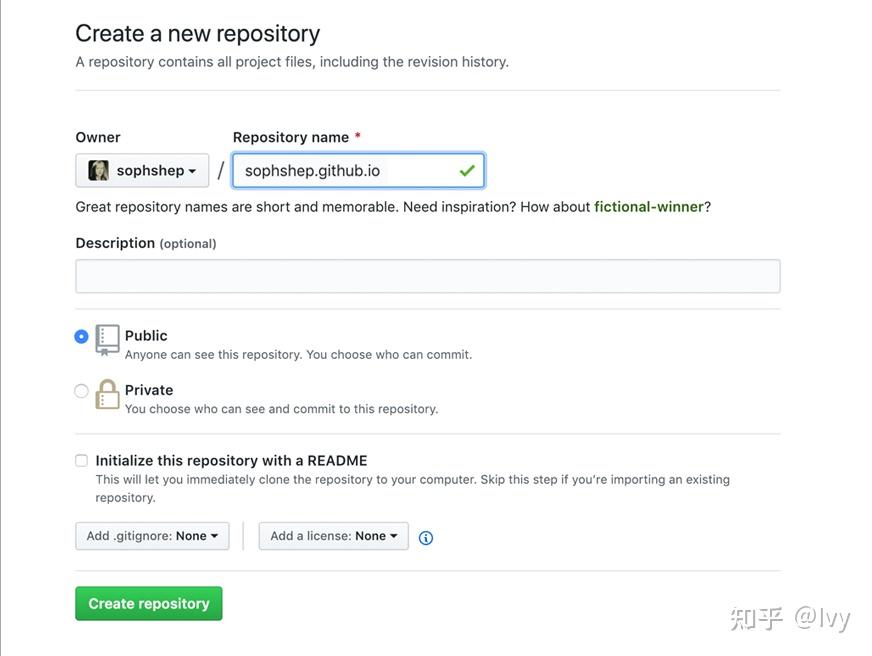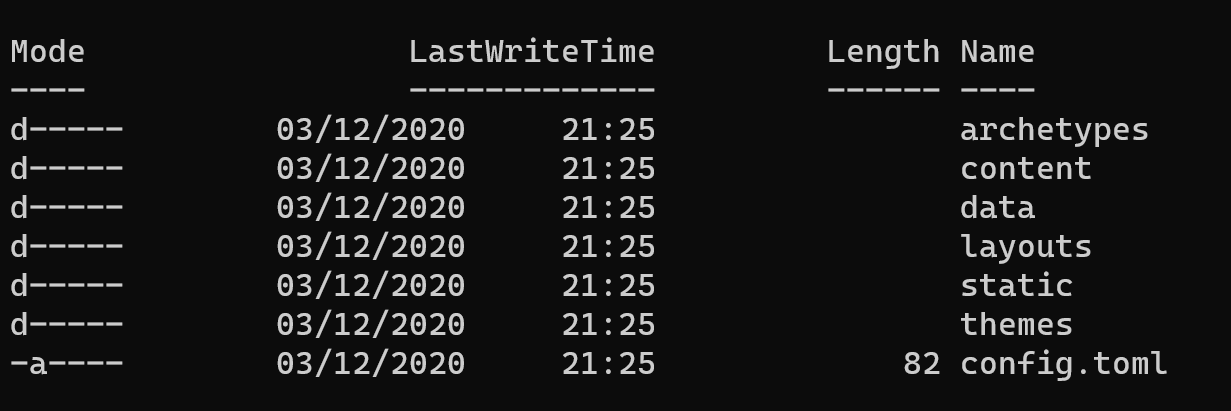
- #Hugo github pages for free#
- #Hugo github pages how to#
- #Hugo github pages install#
- #Hugo github pages generator#
Once you’ve registered your custom domain name, you simply have to provide Github’s addresses to the DNS provider as A records, which Github specifies here. If you want to add a custom URL rather than the standard, then you will need to register a domain name with a DNS provider.

Hugo # if using a theme, replace with `hugo -t ` Run deploy.sh "first commit" and check out your website at Įcho -e "\033[0 32mDeploying updates to GitHub.\033[0m".And, don’t forget to make the script executable with chmod +x deploy.sh. Create a shell script deploy.sh with the below contents to deploy everything automatically.github.io repository with git submodule add -b master public. Ceate a git submodule to push the public website to your.From the top level directory of your Hugo project, remove the public directory (if it exists) with rm -rf directory.Open the file with your favorite editor (shout out to VS Code) and change the draft: true to draft: false. This will create a new Markdown file named Hello world in the content/posts directory. Here’s Hugo’s instructions on setting up Hugo with Github Pages. Creating content in Hugo is simple: hugo new posts/hello-world.md.
#Hugo github pages for free#
Since Github Pages allows you to host static websites for free and Github is the most popular version control tool available, Github Pages seems like a good bet for hosting a website. If you wanted you could host Hugo on AWS, Google Cloud Engine, Azure, Digital Ocean, or any other place where servers are hosted. Once you’ve setup Hugo locally, the next step is hosting your website for the whole world to see.

Hosting Hugo on Github Pages with a Custom Domain Name
#Hugo github pages generator#
Hugo Static Site Generator v0.70.Hosting Hugo on Github Pages with a Custom Domain Name - Matt Groh Hugo - A static site generator written in the Go language that allows for content written in Markdown to be rendered into HTML webpages. Typora which is convenient for directly editing the content with markdown. If you don’t know any editing software, I can advise you ¡Magia Travis siempre ejecutará una compilación cada vez que empuje a su repositorio privado.

Then a new folder named MySite will be created in FolderA, that is your Hugo site.
#Hugo github pages install#
First things first, we need to install Hugo We’ll run through the key Mac. I made this blog site using the Hugo static site generator because I wanted to build a simple site where I.
#Hugo github pages how to#
Right click FolderA, and select Git Bash Here in the menu to open the Git Bash Command. How to Set Up a Hugo Site on Github Pages - with Git Submodules Overview. You will be able to have an instant preview in your browser before uploading it to GitHub. travis.yml en tu repositorio privado de Hugo, Travis CI ejecutará el script y, si la compilación tiene éxito, desplegará tu sitio en tu repositorio público de GitHub Pages. Supposing you use FolderA to store your site files. You can then follow the documentation Getting Started With the Page Builder and Customization, where you’ll find all the information! Before to start updating, launch the hugo server from your local academic-kickstart folder with the command: hugo server Update your content and customize your page Update.sh, and then you only have to write: sh update.sh your_commit_message. You can easily make this automatic with a bash script for the future, for example:

Hugo # Generate the website inside the public directory First, you can commit and push your changes from the academic-kickstart repository on GitHub and then do the same for the submodule and your website will be available online! git add. GitHub Pages supports Jekyll natively, but it uses Ruby and right now you are developing this on a Windows laptop and you don’t want to deal with that dumpster fire to get an environment stood up locally. Then you need to generate the website with the hugo command. Static site generators are a dime a dozen, with choices between Jekyll, Gatsby.js, Middleman, 11ty, or Hugo. The method bellow seems outdated, so follow the link above.


 0 kommentar(er)
0 kommentar(er)
